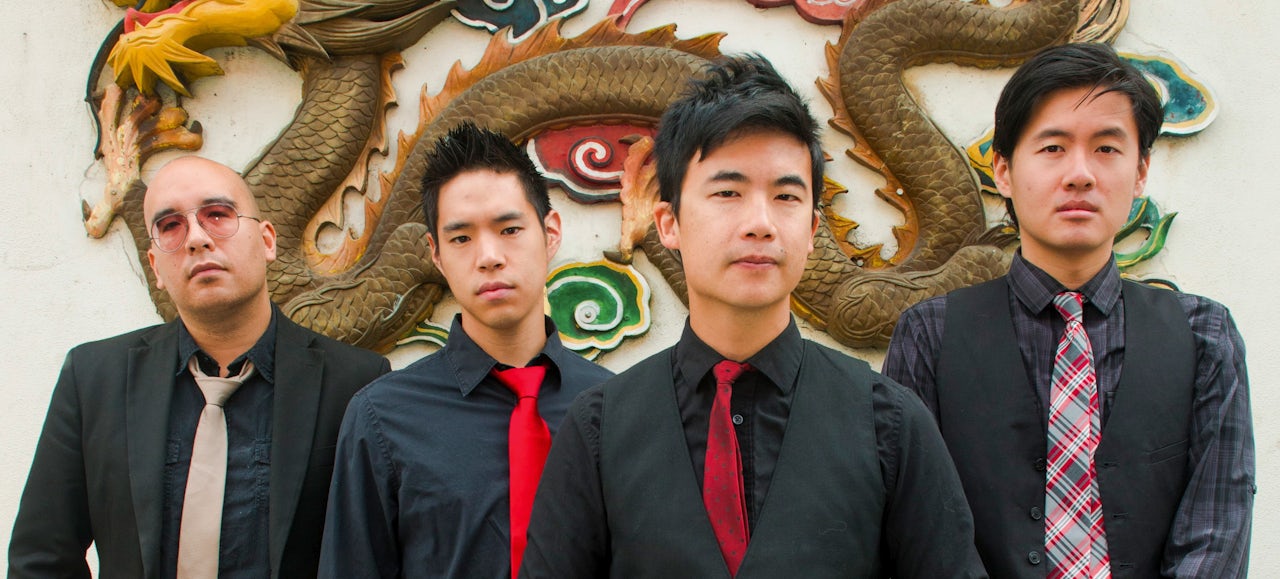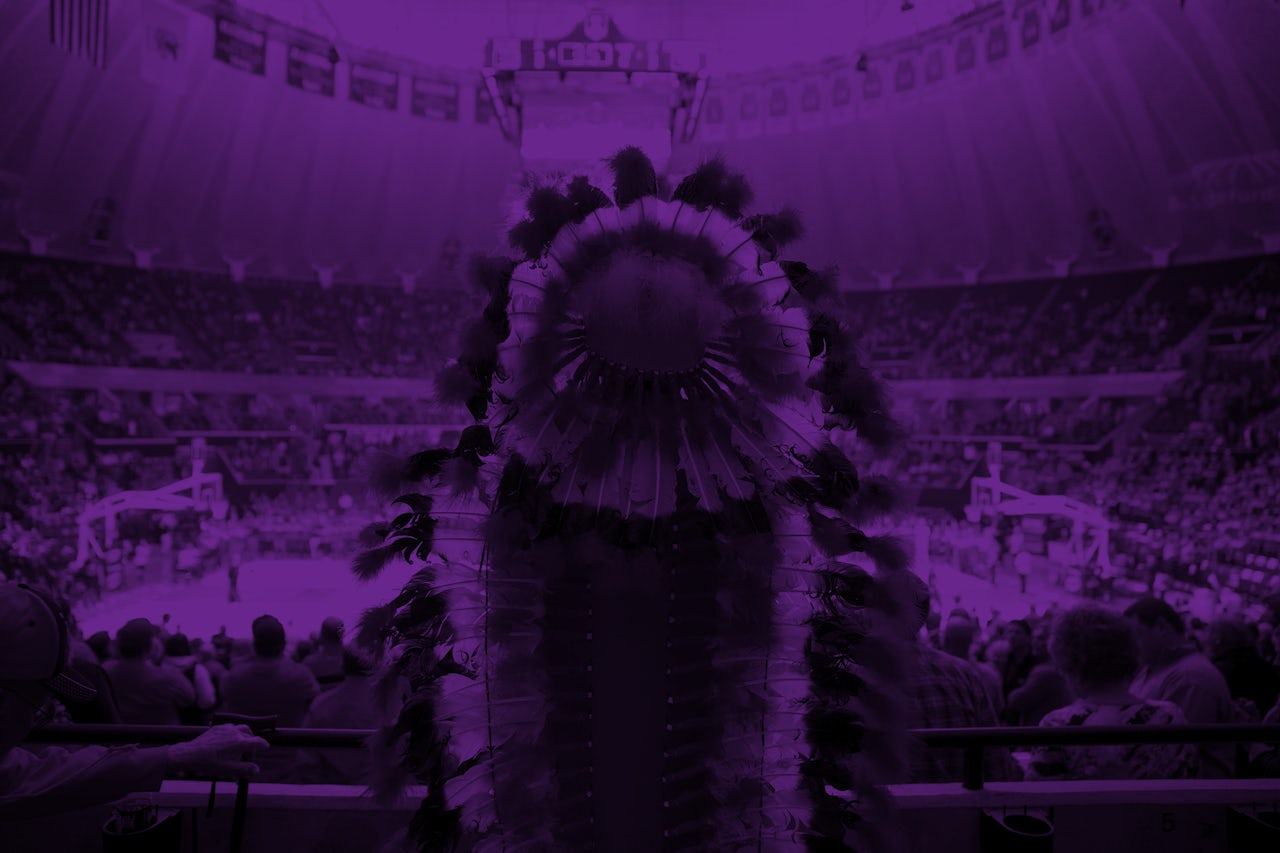Thanks to a Supreme Court decision released on Monday, Portland, OR band The Slants will be able to trademark and profit from their name. The band members, who are Asian-American, say their name reclaims the type of racist ridicule that has been leveled against them, and Asian Americans in general. The decision deems the 1946 Lanham Act, which allowed the federal government to deny the trademarking of any name that “may disparage or falsely suggest a connection with persons, living or dead, institutions, beliefs, or national symbols, or bring them into contempt, or disrepute,” a violation of the First Amendment. And while the act is what prevented The Slants from trademarking their name in 2011 and officially reappropriating a racist insult, it is also the one that led to the Washington Redskins’ trademarks being canceled in 2014 on the grounds that the nickname disparages Native Americans.
The debate over The Slants trademark would have never happened had the band members not been Asian American and explicitly called out the racist history behind their name. So while their victory is a win for marginalized groups looking to regain some power in using provocative names to describe themselves, the decision also levels the playing field, disproportionately empowering powerful, socially privileged organizations like the Washington Redskins to use offensive names for their own financial benefit. Trademark law was never the main line of defense against discrimination in the U.S., and this change may do little to quell or encourage racial hatred across the country. But with the Lanham Act gone for good, it will be easier for groups to profit off of T-shirts, bags, and other merchandise branded with potentially disparaging names. And with that, the onus is on consumers to look into the people and power dynamics behind the organizations and institutions they choose to support.

